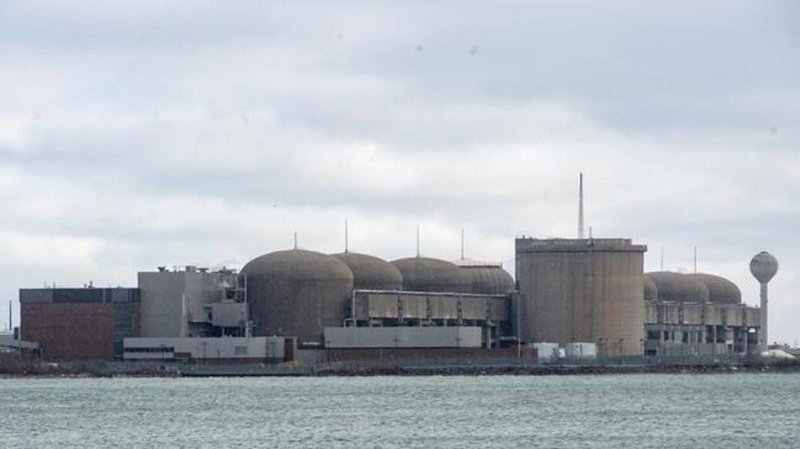
In The News for Feb. 23: Is Ontario ready for a nuclear-powered future?
In The News is a roundup of stories from The Canadian Press designed to kick-start your day. Here is what’s on the radar of our editors for the morning of Thursday, Feb. 23, 2023 …
What we are watching in Canada …
Ontario is exploring the possibility of building new, large-scale nuclear plants in order to meet increasing demand for electricity and phase out natural gas generation.
A report late last year by the Independent Electricity System Operator found that the province could fully eliminate natural gas from the electricity system by 2050, starting with a moratorium in 2027, but it will require about $400 billion in capital spending and more generation including new, large-scale nuclear plants.
